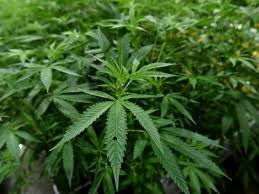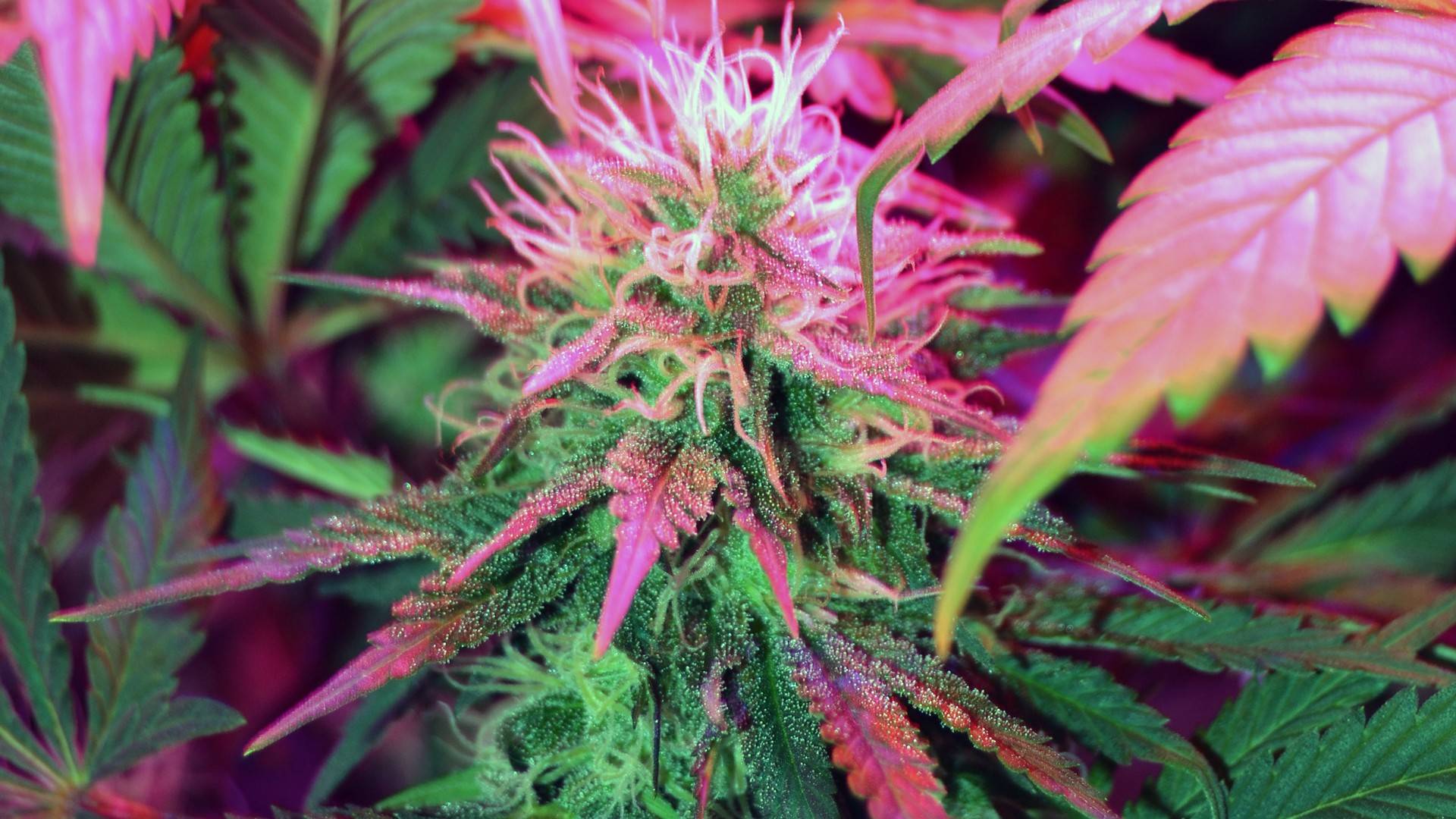
My medical practice has shown me how marijuana affects the body right after use. Let me explain the quick changes that happen throughout your body systems.
Cardiovascular system response
Marijuana triggers noticeable changes in your cardiovascular function the moment it enters your system. Cannabis can make your heart rate jump by 20-50 beats per minute. This faster heart rate can last up to three hours after smoking.
The immediate cardiovascular effects include:
-An increase in blood pressure
-A boost in cardiac output by approximately 2.0 L/min
-A rise in total vascular conductance
Respiratory system changes
The way marijuana affects your breathing depends on how you take it. My clinical observations show that smoking marijuana causes the most serious breathing issues. The smoke has many of the same toxins and irritants as tobacco smoke. The cannabis smoke tends to be hotter and more irritating to the bronchi.
Here’s something interesting – smoking just one joint with 2% THC creates quick bronchodilation that lasts about an hour. Regular use can lead to breathing problems. People who smoke cannabis now face a higher risk of needing asthma medications.
Muscular and nervous system impacts
Your muscular and nervous systems react just as quickly. Recent research shows cannabinoids can change muscle function in two different ways. They have an effect on the neuromuscular junction in which nerve alerts meet muscle tissue. They additionally exchange how muscle cells release calcium, which plays a critical role in muscle contraction.
So you might experience:
-Changes in coordination and balance
-Altered reaction times
-Muscle relaxation effects
The sort of thing I love is how marijuana can suppress muscle sympathetic nerve activity in healthy people. This explains why my patients often feel physically relaxed soon after using it, though it can also affect their coordination and physical performance.
Short-Term Mental and Emotional Changes
My extensive research on marijuana’s effects shows that mental and emotional changes start within minutes of use. Let me share what science tells us about these quick psychological changes.
Mood alterations
Most people experience euphoria or relaxation at first. Clinical studies show marijuana triggers various emotional responses:
-Feelings of happiness and relaxation
-Increased irritability or restlessness
-A better sense of wellbeing
-Possible anxiety or paranoia, especially when you have high THC doses
Emotional responses can vary substantially between individuals. Research shows younger users tend to develop more positive attitudes. Older individuals usually maintain a neutral stance.
Memory and cognition effects
The way marijuana affects cognitive function deserves special attention. Studies reveal several changes in mental processing:
-Learning and memory impairment
-Decreased attention span
-Reduced processing speed
-Altered perceptual motor function
-Changes in language processing
The sort of thing I love is how these effects can last up to 24 hours. Heavy or frequent use leads to bigger cognitive challenges. Research shows early marijuana use can disrupt normal development of gray matter, a vital brain tissue for mental functions.
